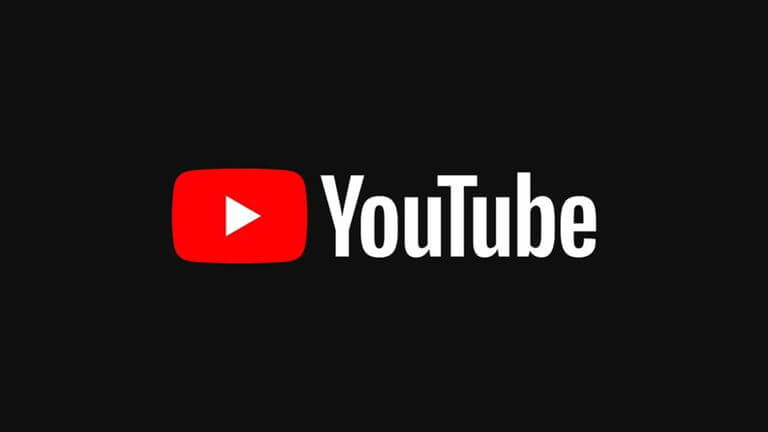YouTube is updating its monetization policies, targeting repetitive and mass-produced content to prevent abuse and ensure quality creator rewards, effective July 15, 2025. The platform aims to refine its identification of inauthentic content, reflecting current trends in content creation.
What's Changing?
The updated guidelines focus on identifying content that is mass-produced and repetitive. YouTube has always required "original" and "authentic" content for monetization through the YouTube Partner Program (YPP). The update aims to better define "inauthentic" content in the age of readily available AI tools. This move is largely viewed as a response to the increase in content that prioritizes views over genuine engagement and creative effort.
Key areas of focus include:
- Content with minimal alteration: Content taken from other sources must be significantly altered to be considered original. Simply adding background music or changing playback speed is not enough.
- Repetitive content lacking purpose: Videos that are templated or follow repetitive formats, especially in Shorts, will be scrutinized if they don't offer entertainment or educational value.
- Clickbait and spam: Channels using deceptive practices to game the system are in YouTube's crosshairs.
- Mass-produced content: Content that is produced using a template and repeated with little to no variation across videos.
Why is YouTube making these changes?
The updated policy addresses concerns about the rise of AI-generated spam flooding YouTube. Generative AI tools make it easy to produce video content with minimal human input. This makes it difficult for high-quality, human-created content to gain visibility. Instances of AI-generated content, such as true crime series, deepfake scams, and fake news videos, have highlighted the need for clearer guidelines. YouTube wants to safeguard its content ecosystem and maintain advertiser trust.
Impact on Creators
For creators producing high-quality, original content, little may need to change. However, channels relying on automation or publishing near-duplicate videos may face monetization issues. YouTube will likely use a combination of AI tools and human reviewers to identify non-compliant content. Channels violating the policy may face video demonetization, removal from the YPP, or channel suspension. Appeals will be possible, but creators must demonstrate the originality and value of their content.
What Stays the Same?
The core eligibility thresholds for monetization remain the same. Channels still need 1,000 subscribers and either 4,000 valid public watch hours in the past 12 months or 10 million valid Shorts views in the past 90 days. Reaction, compilation, and clip channels are not outright banned. However, creators can no longer rely on reusing clips or AI without adding meaningful value.
Advice for Creators
To stay monetized and thrive, creators should:
- Prioritize originality: Add personal commentary, distinct storytelling, and unique perspectives.
- Transform reused content: Significantly transform third-party material by adding value.
- Rethink AI strategy: Use AI as a tool, not a replacement for creativity.
- Focus on engagement and purpose: Create content for enjoyment or education, not solely for views.
- Review existing content: Update or make private older content that falls into "mass-produced" or "repetitive" categories.
YouTube's updated monetization policy aims to promote authentic and trustworthy creators. The platform is committed to rewarding creators who contribute high-quality content. By cracking down on repetitive and low-effort content, YouTube seeks to maintain a positive environment for viewers, creators, and advertisers.















